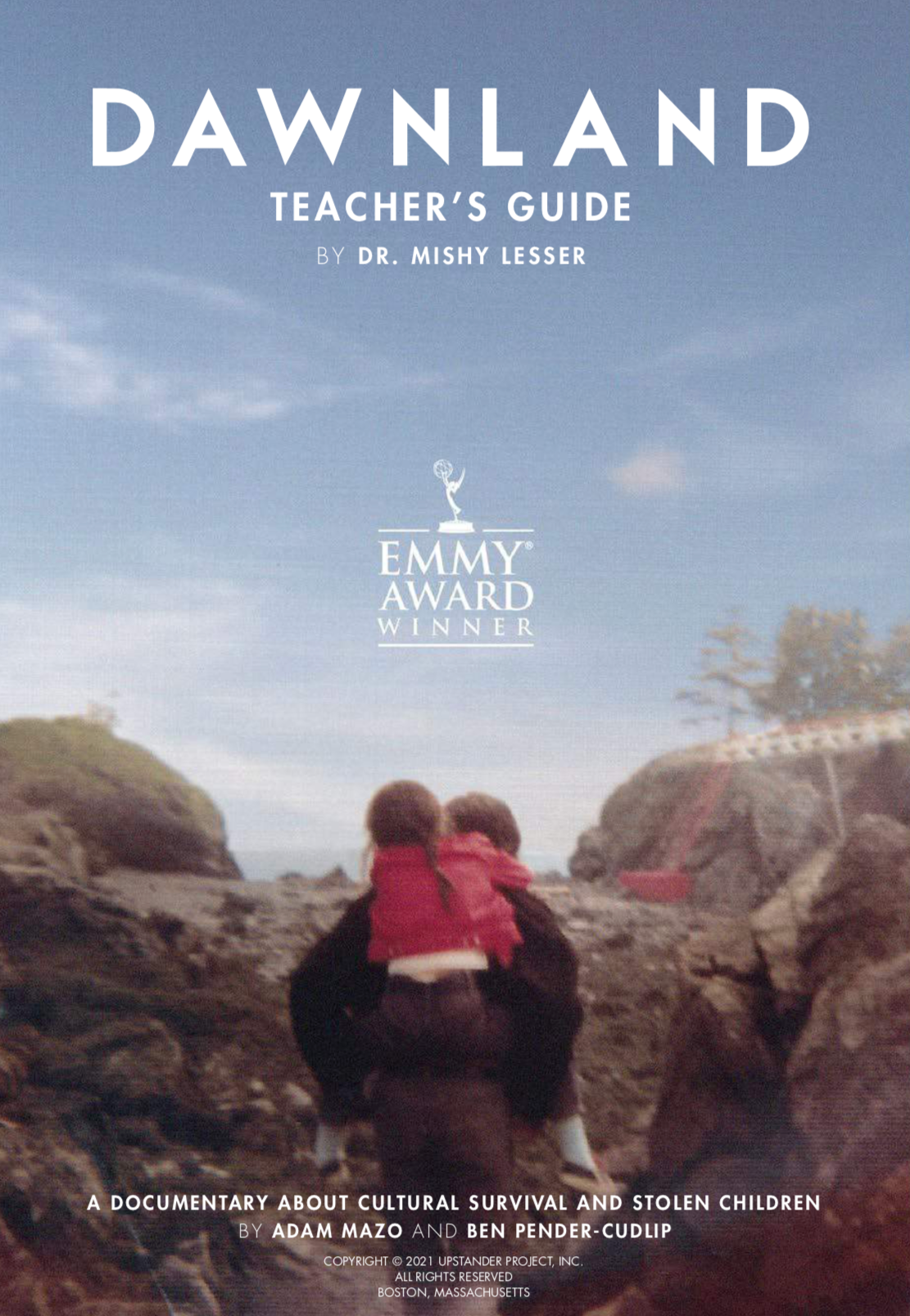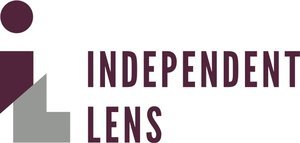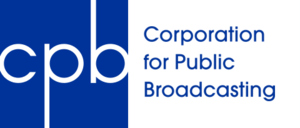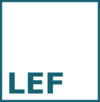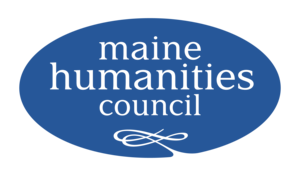Dawnland media kit
Media contact: media@upstanderproject.org
Screener
To receive a screener, email media@upstanderproject.org.
Film Synopsis
“The question about Indigenous peoples and North Americans is the fundamental question of this land. Maybe all the fractiles in creation since the arrival of Columbus, that finally accumulated enough power to create the Truth and Reconciliation Commission.” —gkisedtanamoogk
For decades, child welfare authorities have been removing Native American children from their homes to “save them from being Indian.” In Maine, the first official Truth and Reconciliation Commission in the United States begins a historic investigation. Dawnland goes behind-the-scenes as this historic body grapples with difficult truths, redefines reconciliation, and charts a new course for state and tribal relations.
Praise for Dawnland
“Dawnland is a film that everyone should see. Removal of Native children isn’t just something that happened far away and long ago, but to Wabanaki communities in Maine in the late 20th century. Watch and be outraged, heartbroken, and hopeful as the Wabanaki labor to protect and heal their most precious and vulnerable members, and some of their non-Native neighbors struggle with the challenge of moving from the role of occupiers to neighbors.”
dawnland learning resources
The compelling question at the center of the Dawnland Teacher’s Guide — What is the relationship between the taking of the land and the taking of the children? — frames study across 12 lessons and will help students collect, analyze, and organize evidence to support an argument that answers the question.
Teacher’s Guide: “What is the relationship between the taking of the land and the taking of the children?” This compelling question at the center of the Dawnland Teacher’s Guide frames study across 12 lessons.
Viewer’s Guide: Written for viewers who want to learn more about the issues behind Dawnland, the Viewer’s Guide is perfect for community screening hosts, neighborhood groups, book clubs, faith organizations, librarians, and people who love documentary film.
dawnland filmmaking team
Directors: Adam Mazo, Ben Pender-Cudlip
Producers: Adam Mazo, N. Bruce Duthu, J.D. (Houma)
Executive Producers: Heather Rae, Beth Murphy, Shirley K. Sneve (Rosebud Sioux)
Director of Photography: Ben Pender-Cudlip
Editor: Kristen Salerno
Composer: Jennifer Kreisberg (Tuscarora)
Learning Director: Mishy Lesser, Ed.D.
Impact Producers: Tracy Rector, Adam Mazo
Senior Advisor: Chris Newell (Passamaquoddy)
Consultants
Margaret D. Jacobs, Ph.D., University of Nebraska, author, A Generation Removed
Anne Makepeace, director, Tribal Justice, We Still Live Here, Rain in a Dry Land
Alanis Obomsawin (Abenaki), National Film Board of Canada, director, Waban-aki: People from Where the Sun Rises, Trick or Treaty, Hi-Ho Mistahey!, Incident at Restigouche, and others
Geo Neptune (Passamaquoddy), artist, educator
Advisors
Chico Colvard, filmmaker, A Family Affair
Donna Hicks, Ph.D., associate at the Weatherhead Center for International Affairs at Harvard University, author of Dignity
Dave Joseph, LICSW, senior vice president for program, Public Conversations Project — Rest in peace and power.
Robert Koenig, filmmaker, Returned
Rebecca Lowenhaupt, Ph.D., assistant professor for educational leadership and higher education at Boston College
Dick Olsen, strategic planner and fundraising consultant
Wabanaki REACH is featured in Dawnland. The organization advances Wabanaki self-determination by strengthening the cultural, spiritual and physical well-being of Native people in Maine. REACH initiated the Wabanaki-State Child Welfare Truth and Reconciliation Commission and is carrying out its recommendations. The filmmakers encourage you to support REACH by making a donation via the REACH website.
Dawnland IMAGES FOR MEDIA USE
Please credit courtesy of Upstander Project.


